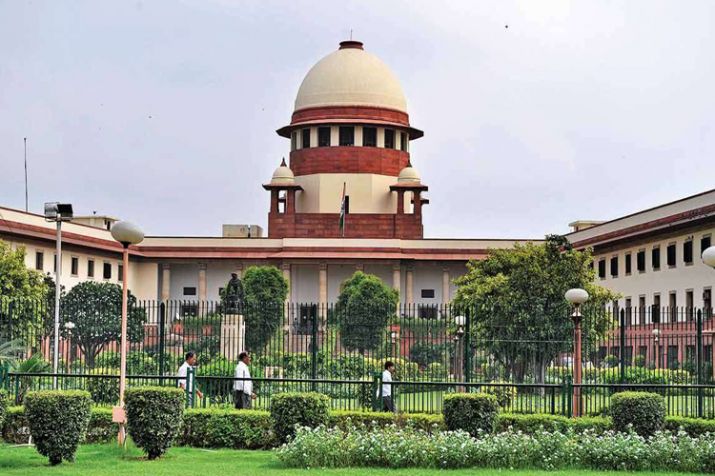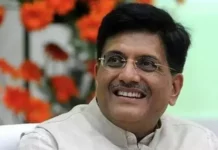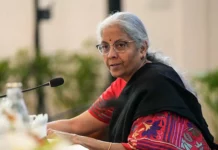NEW DELHI: The Supreme Court on Monday allowed Muslim parties, including UP Sunni Wakf Board, to file their written note in the decades-old Ram Janmabhoomi-Babri Masjid land dispute case, in which they have submitted that the verdict will have “consequences” for the future polity of the country.
A counsel for Muslim parties submitted before a three-judge bench headed by Chief Justice Ranjan Gogoi that they are allowed to bring their written note on the moulding of relief on record for the perusal of the five-judge Constitution bench which had reserved its verdict on October 16 after conducting a 40-day-long hearing in the politically sensitive case.
A lawyer for the Muslim parties in the case said that various parties and the apex court registry had raised an objection to the filing of the written note in a sealed cover. “We have now served our written note to all the parties on Sunday,” the lawyer said and asked the bench to direct its registry to take their note on the record. The bench which also comprises justices S A Bobde and S A Nazeer, however, pointed out that the contents of the written note, filed in the sealed cover have already been reported in some sections of media.
The Muslim parties, which had filed the written note in the sealed cover to the Constitution bench, later issued a statement for the common public. “The Muslim party contestants before this Hon’ble Court wish to state that the decision by this Hon’ble Court, whichever way it goes, will impact future generations. It will also have consequences for the polity of this country,” the note prepared by senior lawyer Rajeev Dhavan, appearing for the Muslim parties, said.
It said that “this court’s decision may impact the minds of millions who are citizens of this country and who believe in constitutional values embraced by all when India was declared a republic on January 26, 1950.”
It said since the judgement will have far reaching implications, it is for the court to consider the consequences of its historic judgement by moulding the relief in a fashion that will reflect the constitutional values that this great nation espouses.
“We hope that the Court, in moulding the relief, upholds our multi-religious and multicultural values in resolving the issues confronting it. Moulding the relief is the responsibility of this Court, which itself is the sentinel of our Constitution. When moulding the relief, this Court must also consider how future generations will view this verdict,” it said.
On Saturday, the Hindu and Muslims parties had filed their written submissions in the Supreme Court with the counsel for the deity ‘Ram Lalla’ asserting that Hindus have been worshipping at the disputed area “since time immemorial” and the birthplace of the Lord Ram is “non-negotiable”.
The top court, which reserved the verdict in the politically sensitive case on October 16 after hearing it for 40 days, had asked the litigating parties including the deity Ram Lalla (represented by next friend Deoki Nandan Agrawal) and UP Sunni Central Wakf Board to submit their written note within three days.
The parties were asked to give their views on “moulding of reliefs”, which they seek in the vexatious dispute, so that the apex court could narrow down the issues needed to be adjudicated upon.
“That the extent of the suit property is 1480 sq. yards and the petitioner and other Hindus worship in the suit property as deity from time immemorial and proved as believed as birth place of Sri Ram from time immemorial and the birth place of Sri Ram is non-negotiable,” the written note filed by senior lawyer C S Vaidyanathan on behalf of the deity and the birthplace said.
Besides the deity, other Hindu parties — Nirmohi Akhara and devotee Gopal Singh Visharad — had also filed their written notes on Saturday in this case. PTI






